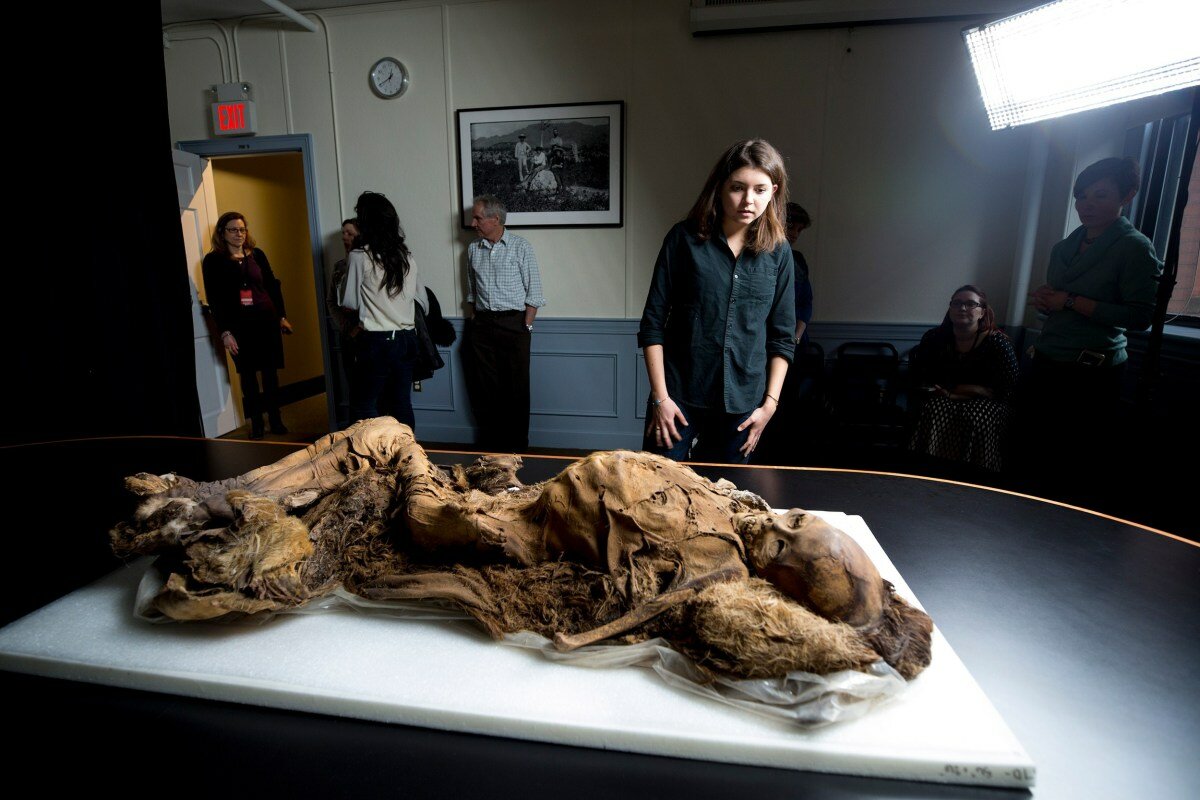The discovery of clogged arteries in an Inuit mummy complicates omega-3 claims
Despite a diet likely high in fatty acids reputed to protect against heart disease, three of four ancient Inuit mummies was found to have evidence of atherosclerosis.

The ancient Inuit have long been held up as the picture of heart-healthy living, thanks to a strenuous lifestyle and a diet rich in fatty acids stemming from fish. A new study, however, has found evidence of clogged arteries in 500-year-old mummies unearthed in Greenland in the 1920s.
The findings, published by JAMA Network Open, an online journal, are the results of CT scans of the naturally mummified remains of two young adult male Inuit and two young adult female Inuit, as well as an infant, that revealed that three of the four adults showed signs of clogged arteries.
The causes of death could not be identified, and, with only incomplete remains to work with, it was impossible to determine why the individuals had developed atherosclerosis, or what role fatty acids in their diets may have played.
The scientists also note that it is hard to draw conclusions from a scan of four mummies, and suggest that other factors, including indoor fires used for cooking and heating, could have led to the development of clogged arteries.
While heart disease is considered a modern, Western health problem, evidence of atherosclerosis has been found in human remains dating back over 6,000 years.
Previously, though, no remains of pre-modern individuals from cultures that ate a diet rich in fatty acids had shown evidence of clogged arteries. This has given rise to the expectation that consuming omega-3 acids could prevent heart-disease.
The mummies involved in the study are maintained by the Harvard University Peabody Museum of Archaeology and Ethnology, and the effort was part of a broader project to scan mummies from hunter-gatherer and pre-industrial civilizations around the world to search for signs of heart disease.
With as as many as half of deaths in Westernized societies linked to heart disease, the preventative effects of omega-3s have been a matter of intense interest for scientists and the health care industry. Although the connection is supported by scientific studies, it remains to be fully confirmed, and specific guidelines for how much omega-3 is necessary to prevent heart disease have yet to be established.